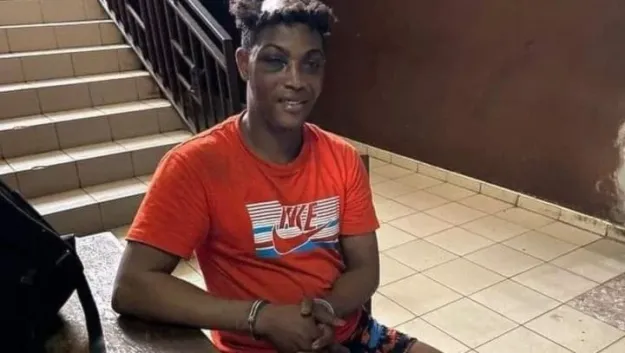
A Sierra Leone court has found 11 individuals guilty of treason and other offenses related to an alleged coup attempt last November. The incident involved an attack on the country’s armory and a prison break that freed over 2,000 inmates, resulting in the deaths of 18 security personnel.
The alleged ringleader, Amadu Koita Makalo, a former bodyguard of ex-president Ernest Bai Koroma, received a staggering 182-year prison sentence. The other defendants faced sentences ranging from 30 to 112 years for similar charges including treason and murder.
This verdict comes amidst ongoing political tensions in Sierra Leone following President Julius Maada Bio’s contested re-election last year. The opposition has claimed the vote was rigged, and subsequent arrests of senior military officers have heightened concerns about potential unrest.
The case has drawn attention to the fragile state of Sierra Leone’s democracy, still recovering from an 11-year civil war that ended over two decades ago. The country, among the world’s poorest, faces significant challenges in maintaining political stability and fostering economic development.
The convictions and harsh sentences underscore the government’s firm stance against perceived threats to national security. However, they also raise questions about the fairness of the judicial process and the potential for political motivations behind the prosecutions.
As Sierra Leone navigates these turbulent waters, the international community watches closely, mindful of the potential regional implications in an area already grappling with political instability.
